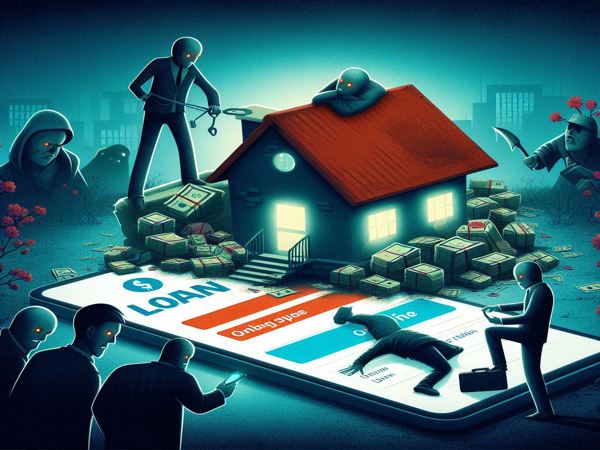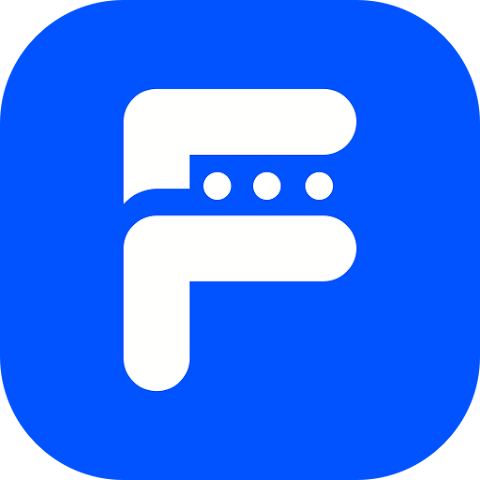The rise of digital lending apps in Nigeria has taken a dark turn as victims share harrowing experiences. Instances of humiliation, threats, and even tragic outcomes have been reported. The Federal Competition and Consumer Protection Commission (FCCPC) has stepped in to address the unethical practices of these loan apps, approving and delisting several platforms in an effort to protect citizens from the detrimental effects of loan sharking.
Mathew Kolawole's Desperate Bid for Help: Late Mathew Kolawole, a 24-year-old student at Lagos State University, sought financial assistance from LCredit to meet his basic needs. What started as a small loan turned into a nightmare. Kolawole faced escalating interest rates, threats, and defamation. Tragically, the burden became too much, leading him to take his own life. His story reflects the alarming consequences of unchecked digital lending practices.
Chisom Ibeh's Struggle for Family Health: Chisom Ibeh, facing financial challenges due to her father's accident, borrowed from MoCredit. The borrowed amount, however, didn't match expectations, and she found herself entangled in a web of multiple loans. Threats and defamation followed, pushing her to borrow from other apps to repay, creating a vicious cycle. The psychological toll on borrowers like Ibeh illustrates the urgent need for regulatory intervention.
Carrington Palmer's Crypto Trader Dilemma: Carrington Palmer, a Nigerian-based crypto trader, turned to loan apps when his forex trading business faced challenges. Borrowing N40,000 with a repayment of N68,000 in two weeks, he struggled to meet the terms. The consequences were severe, with loan apps resorting to defamatory tactics, falsely claiming his death due to HIV/AIDS. Palmer's plight emphasizes the vulnerability of borrowers and the need for responsible lending practices.
FCCPC's Battle Against Unethical Loan Apps: The FCCPC, recognizing the widespread unethical practices, has taken steps to address the issue. Out of 173 digital lending apps, 119 have received full approvals, while 54 have conditional approvals. However, the commission delisted Orange Loan and Purple Credit Limited for duplicity and the use of Android Package Kits (APKs). The FCCPC's actions aim to protect Nigerians from the predatory actions of unscrupulous loan apps.
Ethical Alternatives Proposed by Experts: Amid these challenges, experts propose ethical ways for loan companies to handle defaulters. Suggestions include reaching out to guarantors, reporting to credit bureaus, blacklisting defaulters, involving loan collection agencies, and, if necessary, using legal means. These alternatives aim to maintain professionalism and ensure fair debt recovery processes.
Conclusion: As stories of loan app victims come to light, it's evident that urgent measures are needed to regulate digital lending in Nigeria. The FCCPC's interventions are steps in the right direction, emphasizing the importance of ethical lending practices. The tragic outcomes underscore the human cost of unchecked lending, urging a collaborative effort from regulatory bodies, financial institutions, and the public to create a safer lending environment in the digital era.

.jpg)






